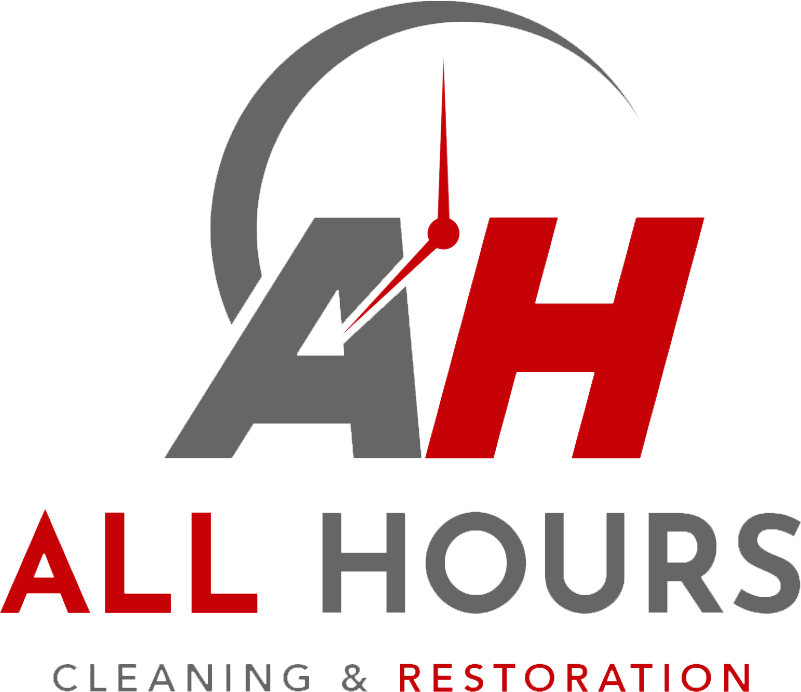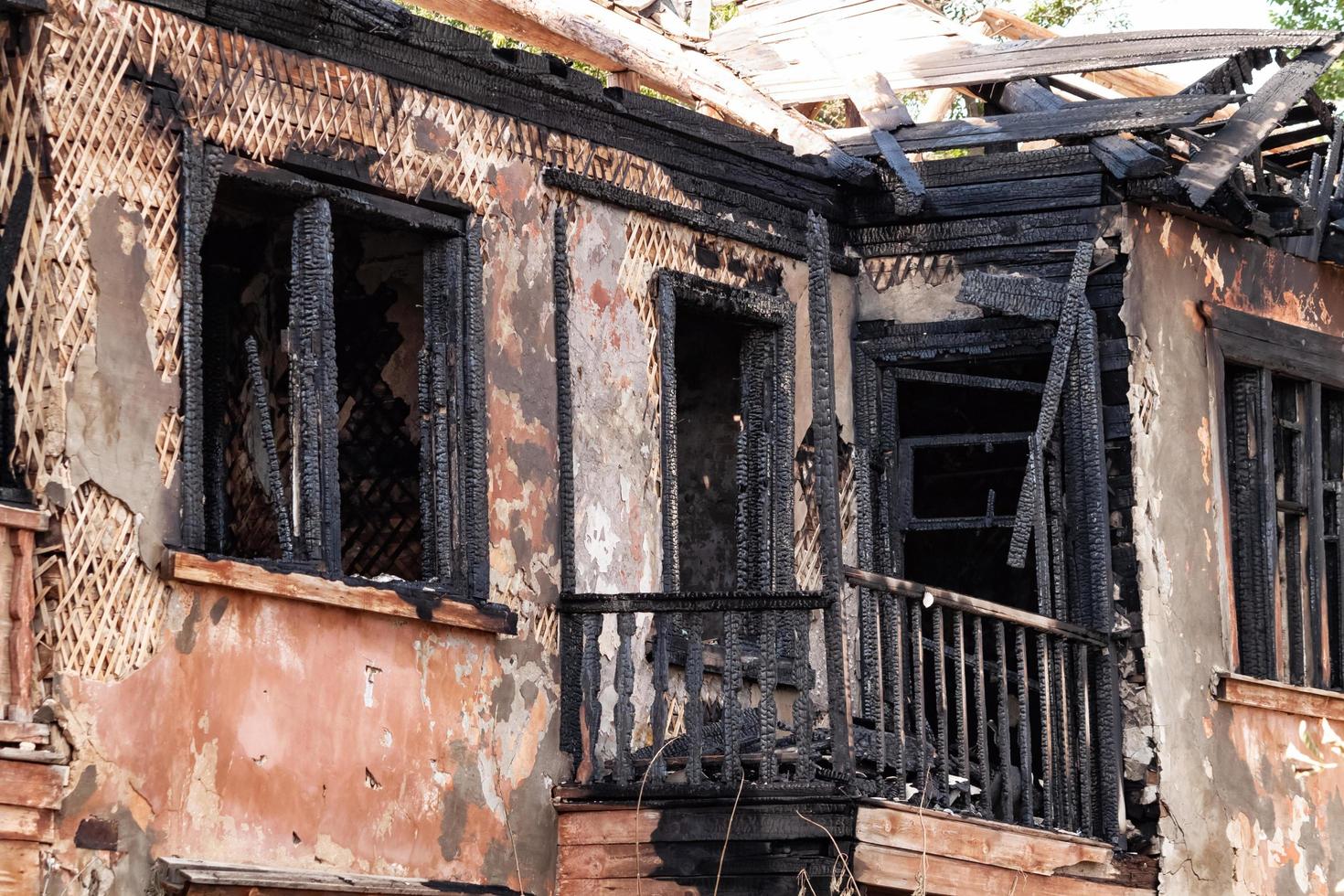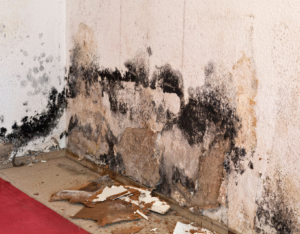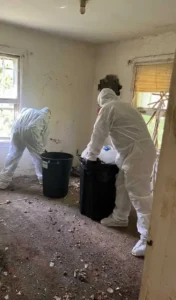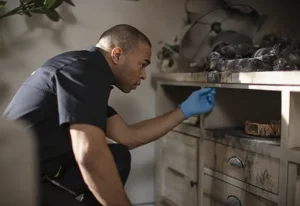A house fire is a devastating event and a cleaning nightmare. Apart from the heartbreaking debris lying everywhere, you also have to deal with smoke damage that permeates the walls, ceilings, furniture, and air ducts.
If not handled correctly, the lingering soot and odor could cause ongoing damage and health risks. Cleaning smoke damage effectively requires more than a surface wipe-down; it demands a professional approach to fully restore your home.
If you’re getting ready to restore your house, here’s a step-by-step guide to cleaning smoke damage like a pro.
Key Takeaways
- Prioritize your safety by wearing protective gear and ventilating the area.
- Use the right techniques to remove soot residue and to cleaning surfaces.
- If the damage is extensive, consider hiring a professional fire restoration company to fully restore your home.
Table of Contents
- Step-By-Step Guide to Cleaning Smoke Damage Like a Pro
- Step 1: Prioritize Safety First
- Step 2: Assess the Extent of the Damage
- Step 3: Remove Loose Soot
- Step 4: Dry Cleaning Sponge is Your Best Friend
- Step 5: Deep Clean with the Right Solutions
- Step 6: Deodorize the Entire Space
- Step 7: Seal and Repaint if Necessary
- Step 8: Know When to Call in Professionals
- Get Professional Smoke Damage Restoration in Idaho Falls
Step-By-Step Guide to Cleaning Smoke Damage Like a Pro
Here are the steps to follow when cleaning smoke damage:
Step 1: Prioritize Safety First
Before you begin any cleaning, ensure the structure is safe. Wear protective gear, including gloves, a respirator mask, long sleeves, and goggles. Smoke residue can contain hazardous chemicals, and inhaling particles or letting them touch your skin can be dangerous. Also, open windows or use fans to ventilate the area as much as possible.
Step 2: Assess the Extent of the Damage
Not all smoke damage is created equal. Light smoke damage may require basic cleaning, while heavy soot can penetrate deep into walls and surfaces. If structural damage or heavy smoke infiltration is present, it’s often best to call a professional fire restoration company.
Step 3: Remove Loose Soot
Use a heavy-duty vacuum cleaner with a HEPA filter to remove loose soot from surfaces like walls, ceilings, floors, and furniture. Be gentle, do not press the vacuum nozzle directly onto surfaces, as this can smear the soot and make stains worse.
Step 4: Dry Cleaning Sponge is Your Best Friend
Before applying any liquid cleaners, use a chemical sponge (also called a dry cleaning sponge) to wipe soot from walls and ceilings. Work in small sections, and turn the sponge frequently to avoid spreading smoke soot back onto the surface. Don’t use water at this stage, it can cause soot to smear and sink deeper into porous materials.
Step 5: Deep Clean with the Right Solutions
Once dry soot removal is complete, you can wash the surfaces. Mix a solution of warm water, white vinegar, and mild dish soap. Gently scrub walls, ceilings, and other affected areas with a sponge or rag.
Rinse with clean water and dry thoroughly. Commercial smoke odor removers can also be very effective.
For stubborn areas, especially on painted walls or textured surfaces, you might need to use a trisodium phosphate (TSP) solution, a heavy-duty cleaner professionals rely on for a spotless look. Make sure to read the label and follow all safety guidelines when using TSP.
Step 6: Deodorize the Entire Space
Cleaning visible soot is only part of the job. Smoke particles can settle deep into fabrics, carpets, and HVAC systems. To neutralize smoke odors:
- Wash all fabrics, including curtains, bedding, and clothing.
- Clean upholstery and carpets professionally if possible.
- Replace HVAC filters.
- Consider using an ozone generator or thermal fogging, professional tools designed to eliminate smoke odor at a molecular level.
Step 7: Seal and Repaint if Necessary
In some instances, no amount of cleaning will completely remove smoke stains or smells from walls. In such cases, professional-grade sealants can lock in any remaining odor before repainting. Always use a smoke-sealing primer before applying a new topcoat.
Step 8: Know When to Call in Professionals
Sometimes, the smoke damage may be extensive, especially with heavy charring, strong odors, or infiltration into your HVAC system. Consider hiring a professional fire restoration team to help you restore your home safely and timely.
Get Professional Smoke Damage Restoration in Idaho Falls
Don’t let smoke damage take over your home. Trust experts at All Hours Cleaning & Restoration to bring your space back to life. Our smoke damage restoration team is available 24/7 with the equipment, training, and experience to handle even the toughest damage. Call us today to schedule your service.
